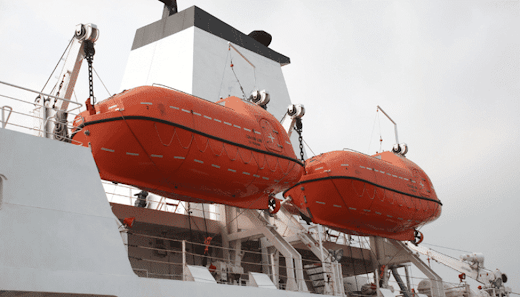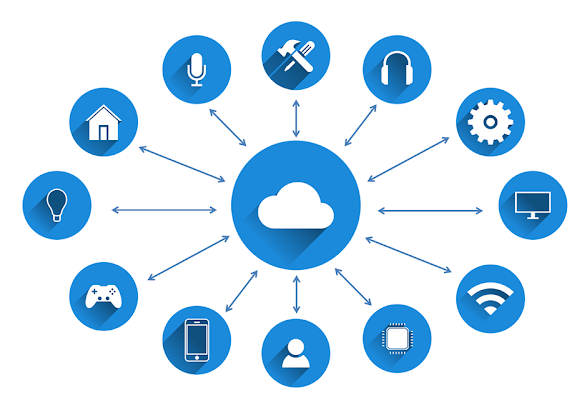#42 IT vs OT in Cyber security
How do IT and OT Cyber security Differ? Operational technology (OT) is hardware and software that detects or causes a change through the direct monitoring and control of industrial equipment, assets, processes, and events. In contrast, information technology covers the entire spectrum of technologies for information processing, including software, hardware, communications technologies, and related services related services. Before we delve into the cyber security challenges affecting the maritime industry, let’s take a step back and examine some of the differences between IT and OT systems. Some of the differences in system requirements include: Differences in System Requirements IT System Requirements OT System Requirements Performance Non-real-time Response must be consistent Less critical emergency interaction Tightly restricted access control can be implemented to the degree necessary for security Real-time Response...


